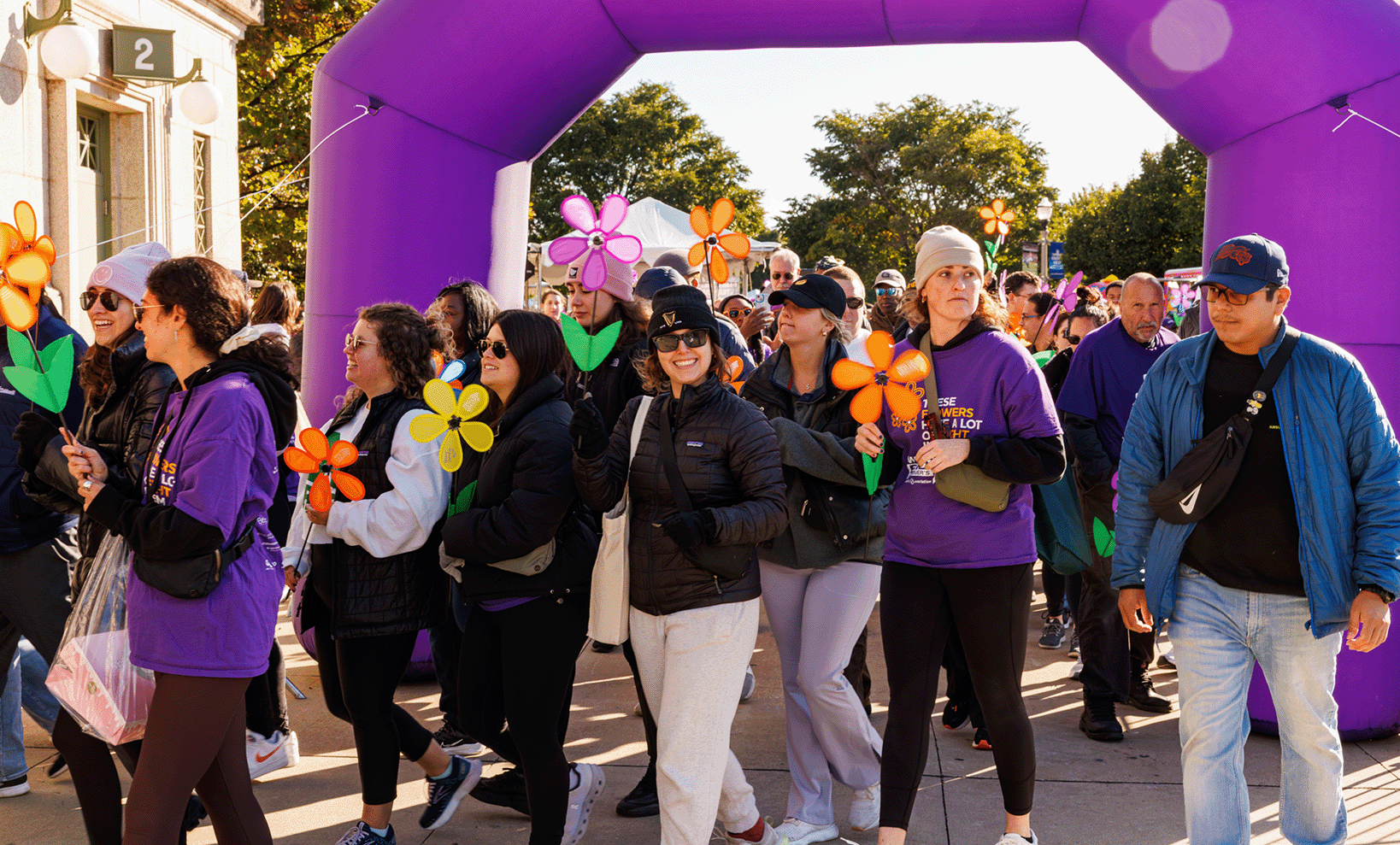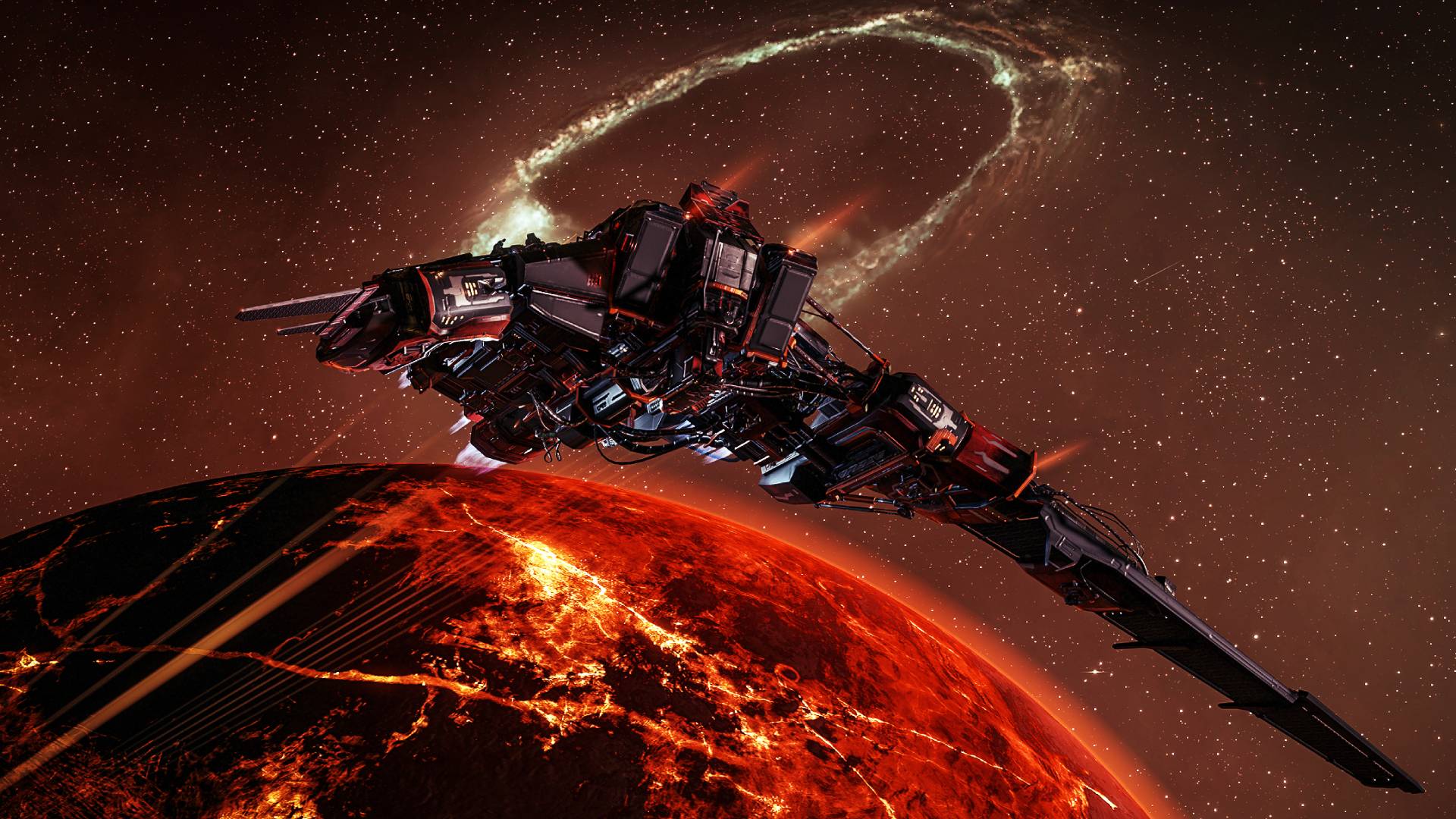By Finbarr Bermingham
Copyright scmp

The European Commission has proposed sanctioning Chinese companies involved in buying Russian oil products, in the latest round of measures designed to damage Moscow’s war machine.
“We are now going after those who fuelled Russia’s war by purchasing oil in breach of the sanctions. We [will] target refineries, oil traders, petrochemical companies in third countries, including China,” European Commission President Ursula von der Leyen said on Friday.
The proposals are the commission’s 19th package of sanctions since the Russian invasion of Ukraine in February 2022. The measures will have to be approved by the bloc’s 27 member states before they can take effect.
“In three years, Russia’s oil revenues in Europe have gone down by 90 per cent. We are now turning that page for good,” von der Leyen said, as she announced a ban on European Union purchases of Russian liquefied natural gas and expanded sanctions against its oil sector.
Last weekend, US President Donald Trump demanded that Nato members put tariffs of between 50 and 100 per cent on Chinese and Indian companies for buying Russian oil.
The European package is not thought to go that far, but is expected to blacklist a substantial number of Chinese entities. Details of the measures will only be released if the bloc signs off on them.
China’s relations with Russia are also thought to have been on the agenda of a call between Trump and Chinese President Xi Jinping on Friday.
“We propose further measures on Chinese actors supporting Russia’s military industry,” the EU’s top diplomat, Kaja Kallas, said.
“These new sanctions will also squeeze Russia’s access to technologies including AI and geospatial data, as well as critical resources that feed weapons production. This includes those received from foreign suppliers including China and India.”
Beijing has reacted angrily to similar measures against Chinese companies in the past. It imposed its own restrictions on two Lithuanian banks after two small Chinese lenders were accused in the 18th package of sanctions of funnelling crypto payments to Russia’s military.
During a fiery meeting in Brussels at the beginning of July, Chinese Foreign Minister Wang Yi warned Kallas that there would be a response. Under huge pressure from Beijing, the commission agreed to a six-month review period for the two banks.
In closed-door meetings in Brussels in recent weeks, Chinese diplomats were warned by EU officials that more companies would be blacklisted and urged Beijing to intervene to stop the firms from selling European goods to Russian companies banned from buying them.
According to EU sources, China pushed back strongly, denying any active support for Moscow.
The sanctions will add further strain to the EU-China relationship. As well as the geopolitical tensions, the bloc has grown frustrated at Beijing’s unwillingness to adjust its trade policies.
In particular, it has demanded that China loosen export licensing requirements on rare earth elements and magnets. The South China Morning Post reported on Friday that the commission is mulling the use of its anti-coercion instrument in response to this and other Chinese policies.
“We are putting a transaction ban on additional banks in Russia and on banks in third countries. We are stepping up our crackdown on circumvention. As evasion tactics grow more sophisticated, our sanctions will adapt to stay ahead,” von der Leyen said.
“Therefore, for the first time, our restrictive measures will hit crypto platforms and prohibit transactions in cryptocurrencies.
“We are listing foreign banks connected to Russian alternative payment service systems. And we are restricting transactions with entities in special economic zones,” she continued, without specifying the nationality of the foreign banks.



